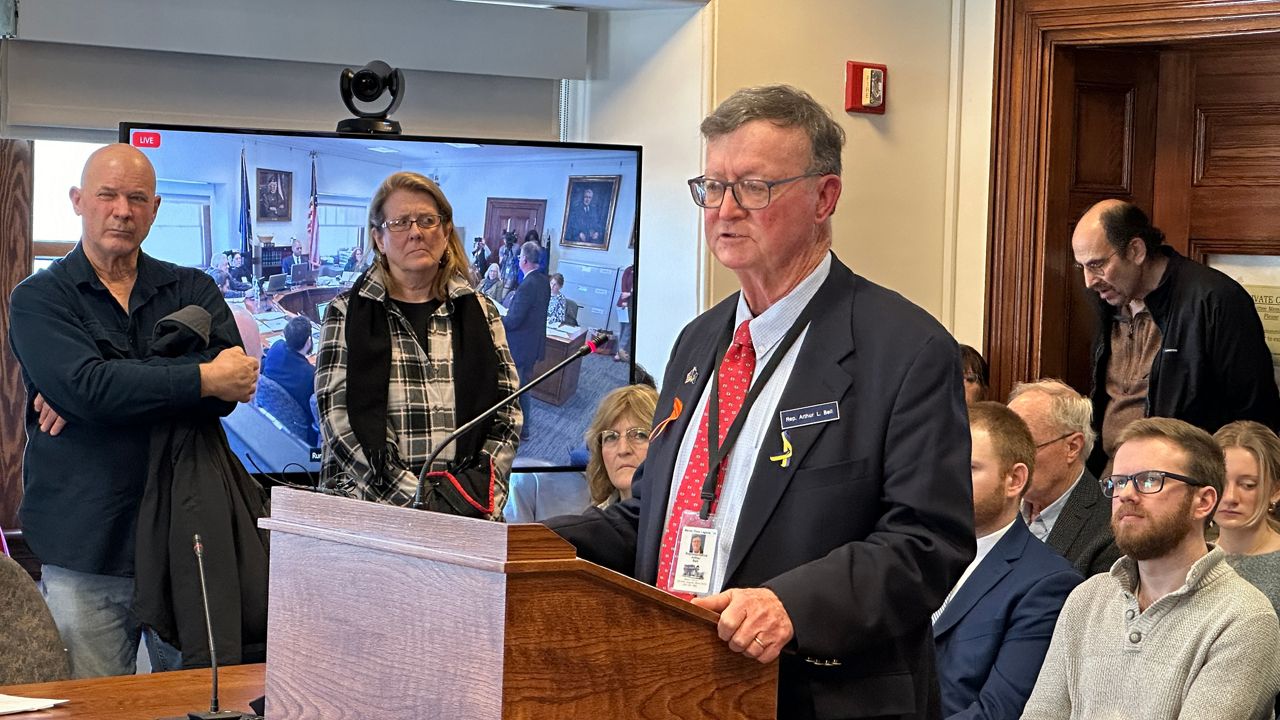The Maine House voted by the slimmest of margins Tuesday to join a compact that would replace the Electoral College with the national popular vote.
The House voted 73-72 to enact LD 1578 “An Act to Adopt an Interstate Compact to Elect the President of the United States by National Popular Vote.”
Maine lawmakers have considered similar versions of the same bill since 2007 but have failed to join the compact.
Under the compact, all of a state’s electoral votes are awarded to the presidential slate with the most popular votes in all 50 states and the District of Columbia.
So far, 16 states and DC have agreed to join the compact, representing 205 electoral votes.
But more states need to join to get to 270 electoral votes so the system can be used in presidential races across the country, Rep. Art Bell (D-Yarmouth) told members of the Legislature’s Veterans and Legal Affairs Committee in January.
“The way states award electoral votes today is creating problems for our nation,” Bell said during the public hearing. “The current system has elected the second-place candidate twice in our lifetimes and five times in the history of the country. Five out of 46 presidents is not an error rate we should be proud of.”
Maine has only four electoral votes and supporters argued that switching to a popular vote system would make smaller states like Maine more relevant.
Opponents say Maine is already well positioned because it’s one of only two states to split its electoral votes.
For example, in 2020, former President Donald Trump earned one electoral vote from Maine by winning the 2nd Congressional District, while President Joe Biden got three electoral votes from Maine by winning the 1st Congressional District and the statewide vote.
In a statement issued Tuesday, Maine House Republicans criticized Democrats for supporting the switch.
“The votes of large states with major cities like California and New York will now dominate our Presidential elections at the expense of smaller, rural states,” the GOP said. “If Mainers vote for a different candidate than the candidate winning the national popular vote, state electors will be bound to vote for the popular vote winner.”
The bill needs one final vote in the Senate before it heads to Gov. Janet Mills.



